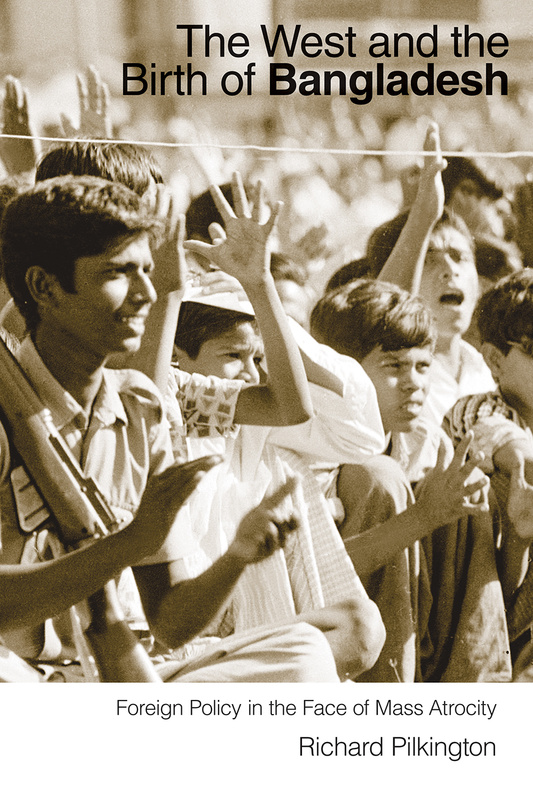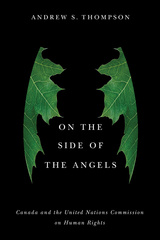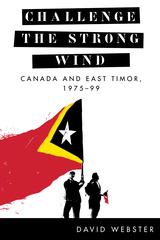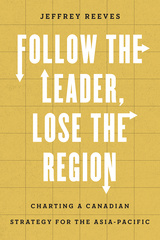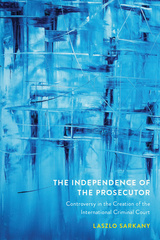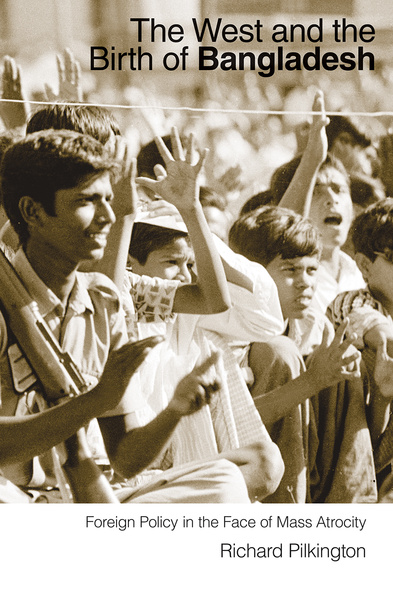
The West and the Birth of Bangladesh
Foreign Policy in the Face of Mass Atrocity
In 1971, authorities in Islamabad perpetrated mass atrocities in East Pakistan. How did the North Atlantic powers – the United Kingdom, United States, and Canada – respond?
The West and the Birth of Bangladesh explores decision-making processes and ethical debates in Washington, Ottawa, and London during the crucial first few months of the crisis offering an insightful comparison of the actions of their respective countries during a significant moment in South Asian history. US president Richard Nixon and his national security advisor, Henry Kissinger, brought strong influence to bear on a strategy of appeasement. The Canadian government was unwilling to hazard bilateral ties with Islamabad or to draw attention to its own separatist issue in Quebec. In the UK, strong public sympathy for the victims of the clampdown had only a limited influence on policy.
Richard Pilkington analyzes both the formulation and interplay of US, Canadian, and British policies toward East Pakistan in terms of collaborative opportunities accepted and spurned, as well as the available policy options. This insightful book reveals how, even as human rights movements began to emerge in the West, blinkered government actors there remained too preoccupied with protecting narrowly construed national interests, and explains how officials employed obfuscation and excuse to avoid firmer action during the crisis.
Located at the intersection of foreign policy, human rights, and genocide studies, this important work will appeal to a wide range of readers interested in the development of human rights in Western foreign policy.
The West and the Birth of Bangladesh is an authoritative and crucial book for both scholars and policy makers.
Using a rich array of primary sources, Pilkington has produced an historical study and, more importantly, a comparative one, which is an important contribution to the field.
Richard Pilkington is an independent scholar of genocide studies and US foreign relations, and has taught at both the University of Toronto and Concordia University, Montreal. He has published articles in the Journal of Genocide Research and the Encyclopedia of Genocide and Crimes against Humanity.
Introduction
Part 1: United States
1 Superpower
2 Phase One Response
3 Phase Two Response
Part 2: Canada
4 Middle Power
Part 3: United Kingdom
5 Former Great Power
6 The Commons Debates and After
Part 4: Co-operation?
7 Interplay between the Three Powers
Conclusion
Notes; Bibliography; Index

